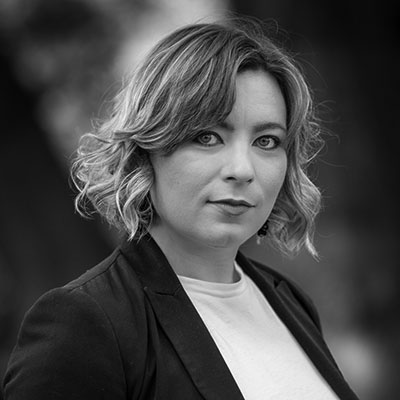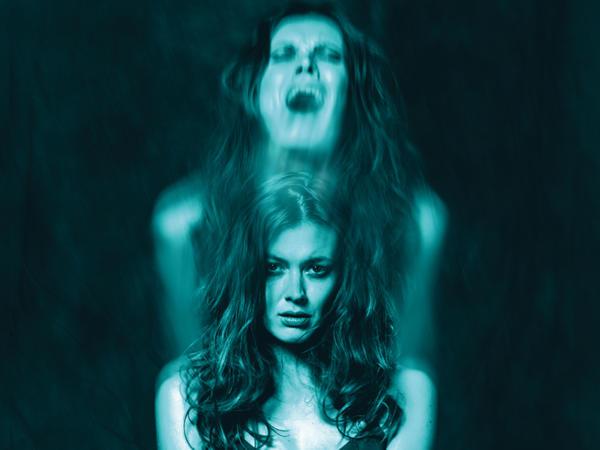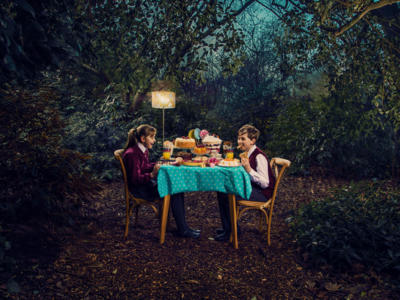Dvořák’s Musical Style
The comedy The Cunning Peasant of 1877 marked the beginning of the most intense period of operatic involvement for Dvořák. This opera has many similarities to The Bartered Bride and demonstrates Dvořák’s lightness of touch in handling comic ensembles. It was a major success and four more operas appeared over the next two decades, culminating in the ‘lyric fairy tale’ Rusalka, based on La Motte Fouqué’s Undine story.
Rusalka proved a major personal triumph for the composer: the libretto revealed a depth of characterisation which drew from Dvořák music of touching depth and honesty.
Despite its indebtedness to Wagner, the score has many lyrical passages among the well-drawn dramatic material, nowhere more so than in Rusalka’s celebrated ‘Song to the Moon’.
Dvořák’s Life
Dvořák received a traditional musical upbringing and training. He was involved in opera from early in his career, playing viola in the orchestra of Prague’s newly formed Provisional Theatre for nine years beginning in 1862. Here he encountered a wide range of Italian and German repertoire, as well as increasingly French opera.
While Wagner was absent from the theatre’s repertoire, his music was a powerful influence on Dvořák, who studied scores and played some of the overtures and preludes, including Tristan and Isolde.
Dvořák’s Music: Where to Start
Song to the Moon
from Dvořák’s Rusalka



